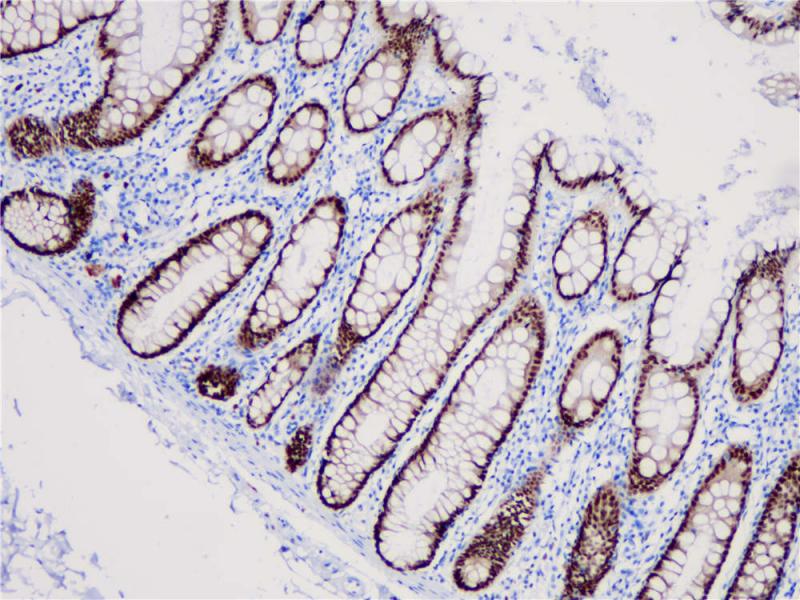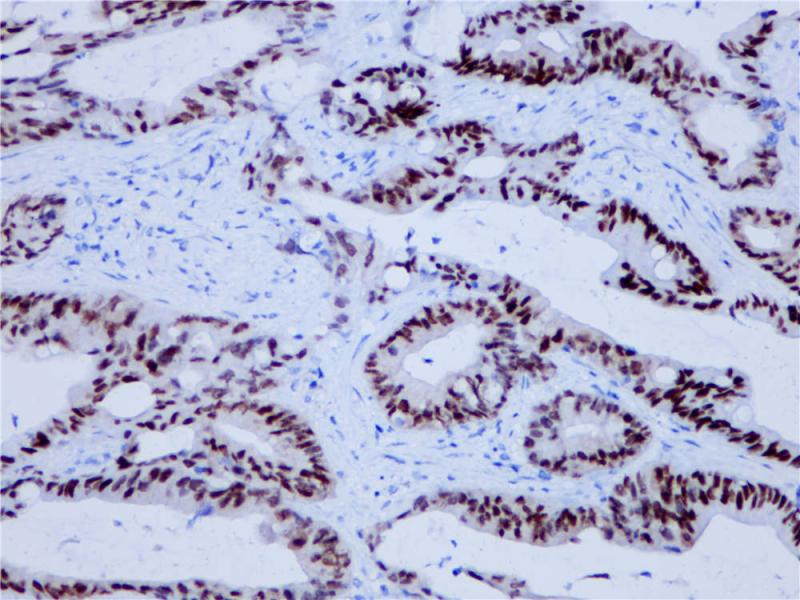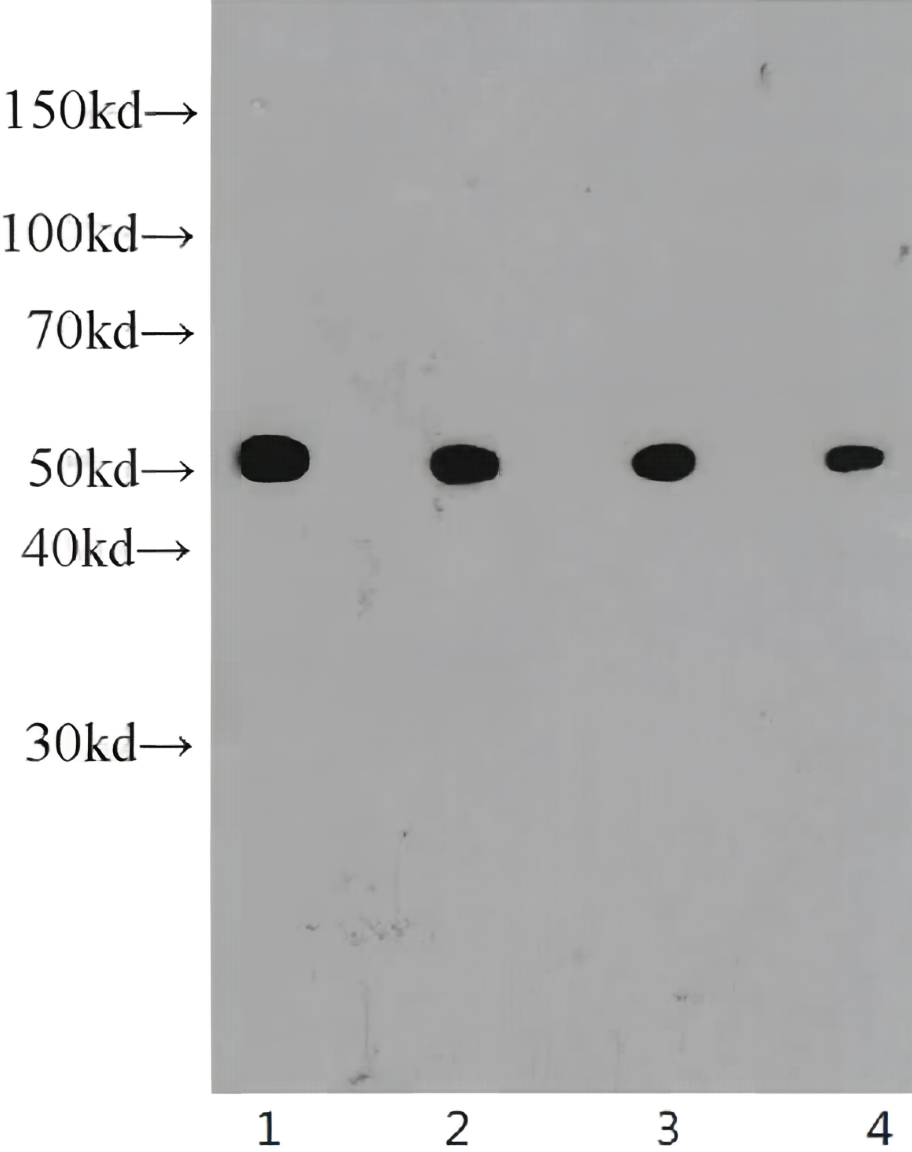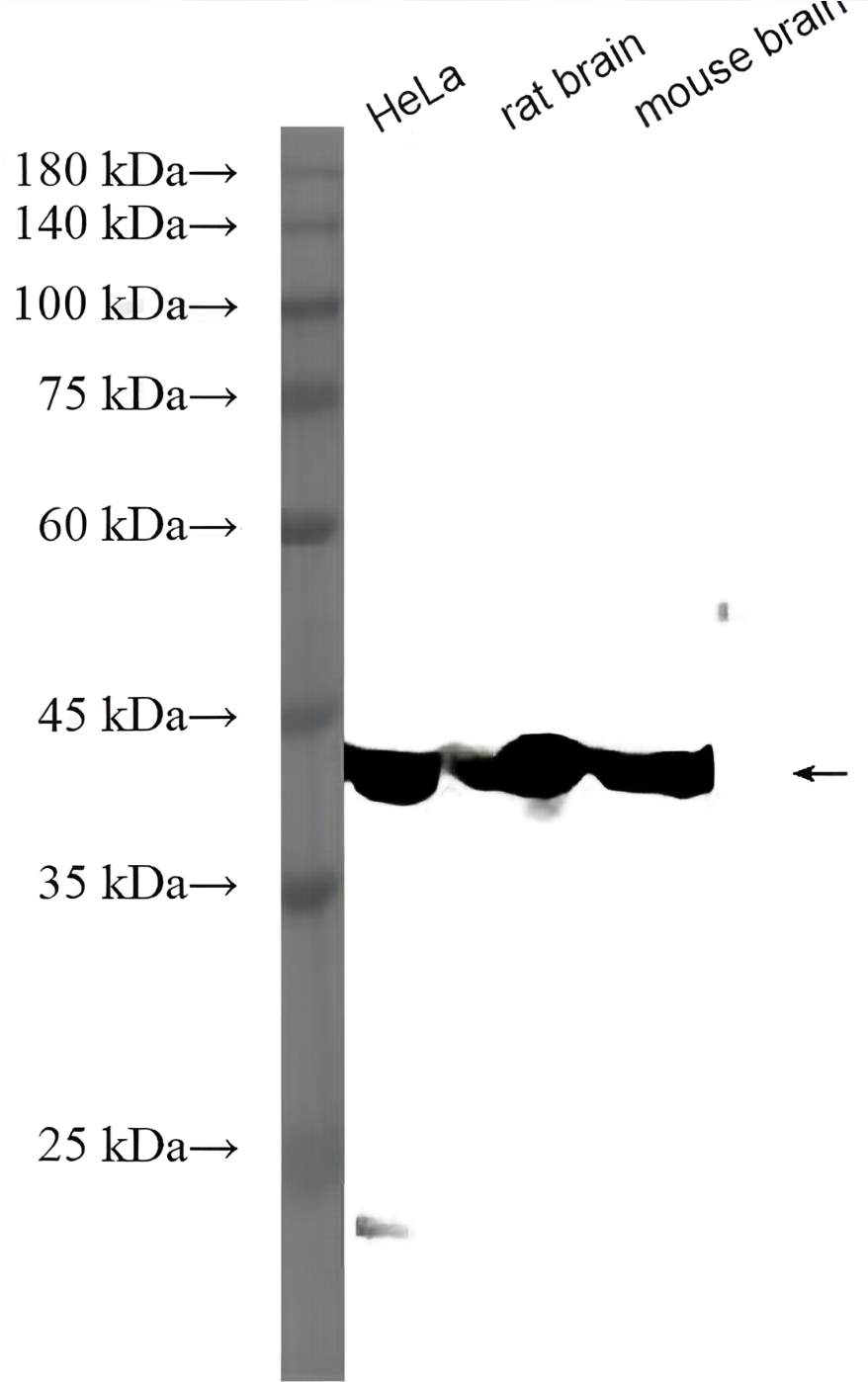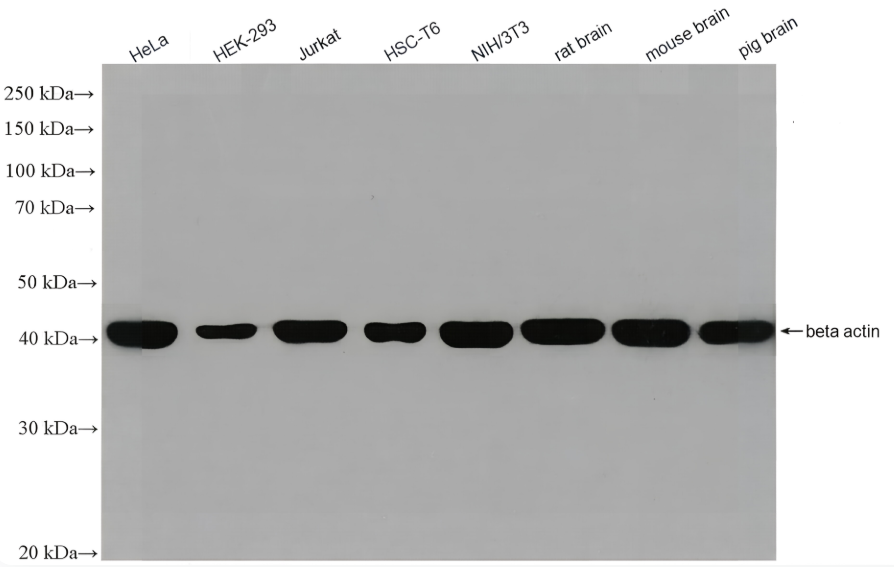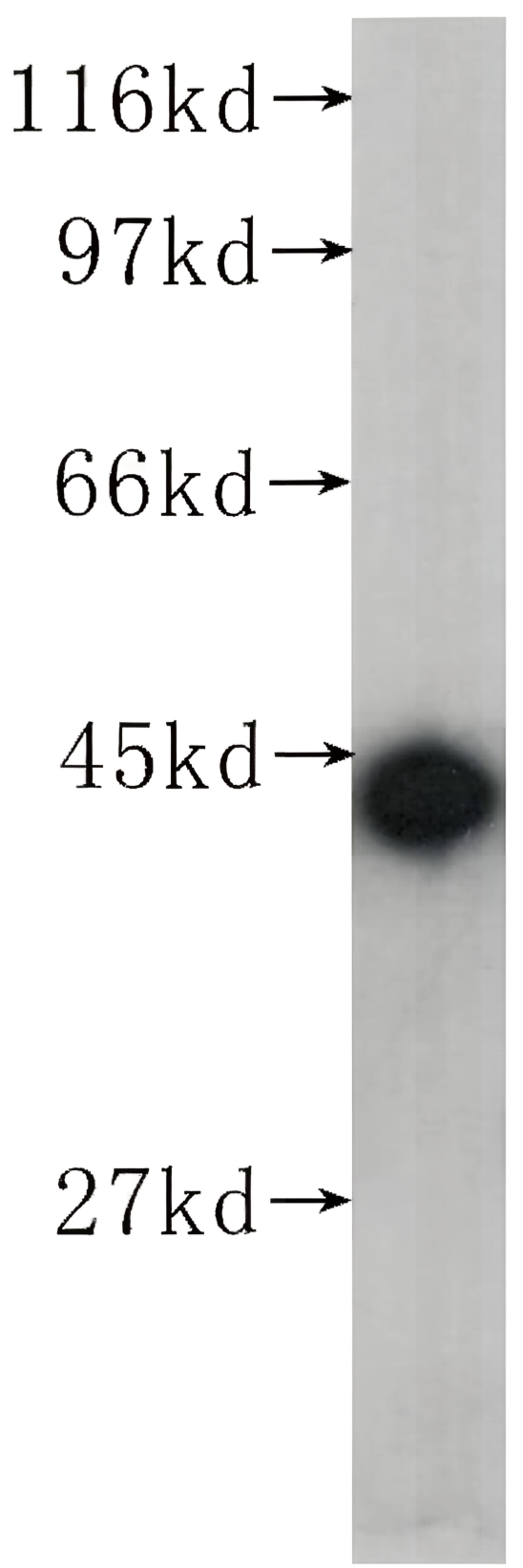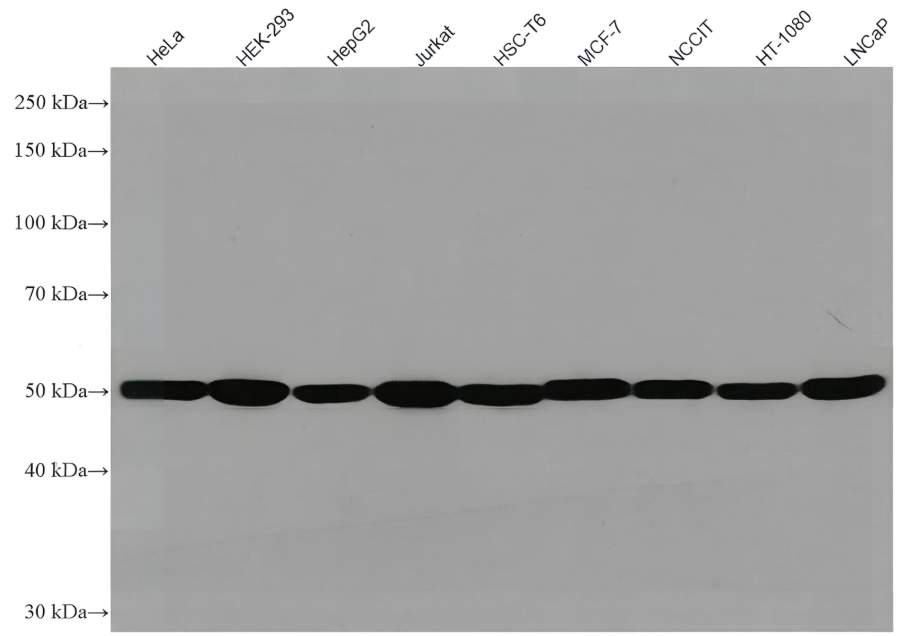CDX2 Rabbit Monoclonal Antibody(ARB826)
CAT.NO. : ARB6616
RMB Please choose
RMB Please choose
Size:
Trail, Bulk size or Custom requests Please contact us
*产品价格可能会有所调整,请以品牌方官网实时更新的价格为准,以确保准确性。
Background
CDX2 is a homeobox gene encoding nuclear homeodomain transcriptional factor essential to intestinal organogenesis. CDX2 is crucial for differentiation of epithelium in the intestine, pancreas and biliary tract. CDX2 interacts with the tumour suppressor genes APC and E-cadherin, as well as bcl-2.In the intestine (from duodenum to rectum) CDX2 nuclear protein is demonstrated strongly and uniformly in all types of epithelial cells. In pancreas and biliary tract CDX2 protein is demonstrated in scattered ductal cells. In tumor tissues, CDX2 is positive in the large majority cases of colorectal and appendiceal adenocarcinomas.CDX2 is a relatively sensitive and specific marker for “intestinal” adenocarcinomas. In the classification of (adeno-)carcinomas of the unknown primary, CDX2 is an important marker but should always be included in a panel. Also in order to identify the origin of neuroendocrine tumors, CDX2 is useful in a panel.
Overview
| Target | CDX2 |
| Host Species | rabbit monoclonal antibody |
| Molecular Weight | 34 kDa |
| Purity | ProA affinity purified IgG |
| Species Cross-reactivity | Human |
| Form | Liquid |
| Applications | IHC-P |
| Swissprot ID | Q99626 |
| Immunogen | Synthetic peptide corresponding to CDX2 residues within aa1-100 of CDX2 |
| Storage Buffer | PBS 59%, Sodium azide 0.01%, Glycerol 40%, BSA 0.05% |
| Storage Conditions | -25°C to -18°C |
| Dilutions | IHC-P: 1:100-1:200 |
| Subcellular Location | Nucleus |
| Recommended Method | Heat induced epitope retrieval with Tris-EDTA buffer (pH 9.0), primary antibody incubate at RT (18° C-25°C) for 30 minutes |
Data
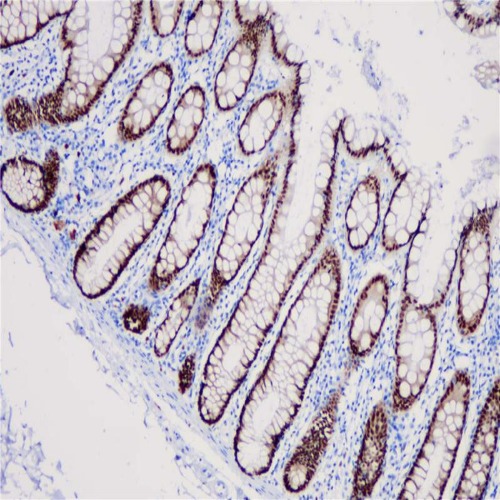
Immunohistochemical staining of human colonic tissue sections was performed using CDX2 Rabbit Monoclonal Antibody (ARB826).
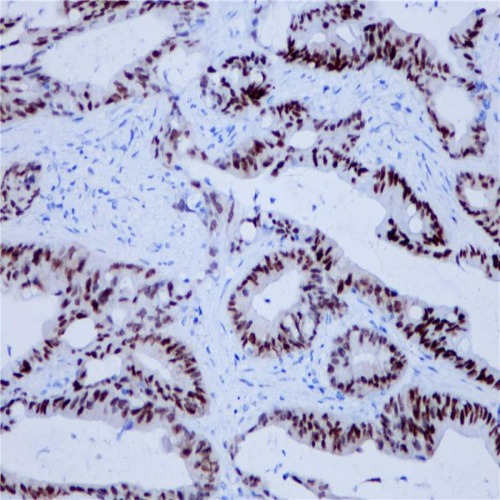
Immunohistochemical staining of human colorectal carcinoma tissue sections was performed using CDX2 Rabbit Monoclonal Antibody (ARB826).
Storage
Store at 4°C short term. For long term storage, store at -20°C, avoiding freeze/thaw cycles.
Research Use Only
For Research Use Only. Not for use in diagnostic procedures.
 New Products
New Products




